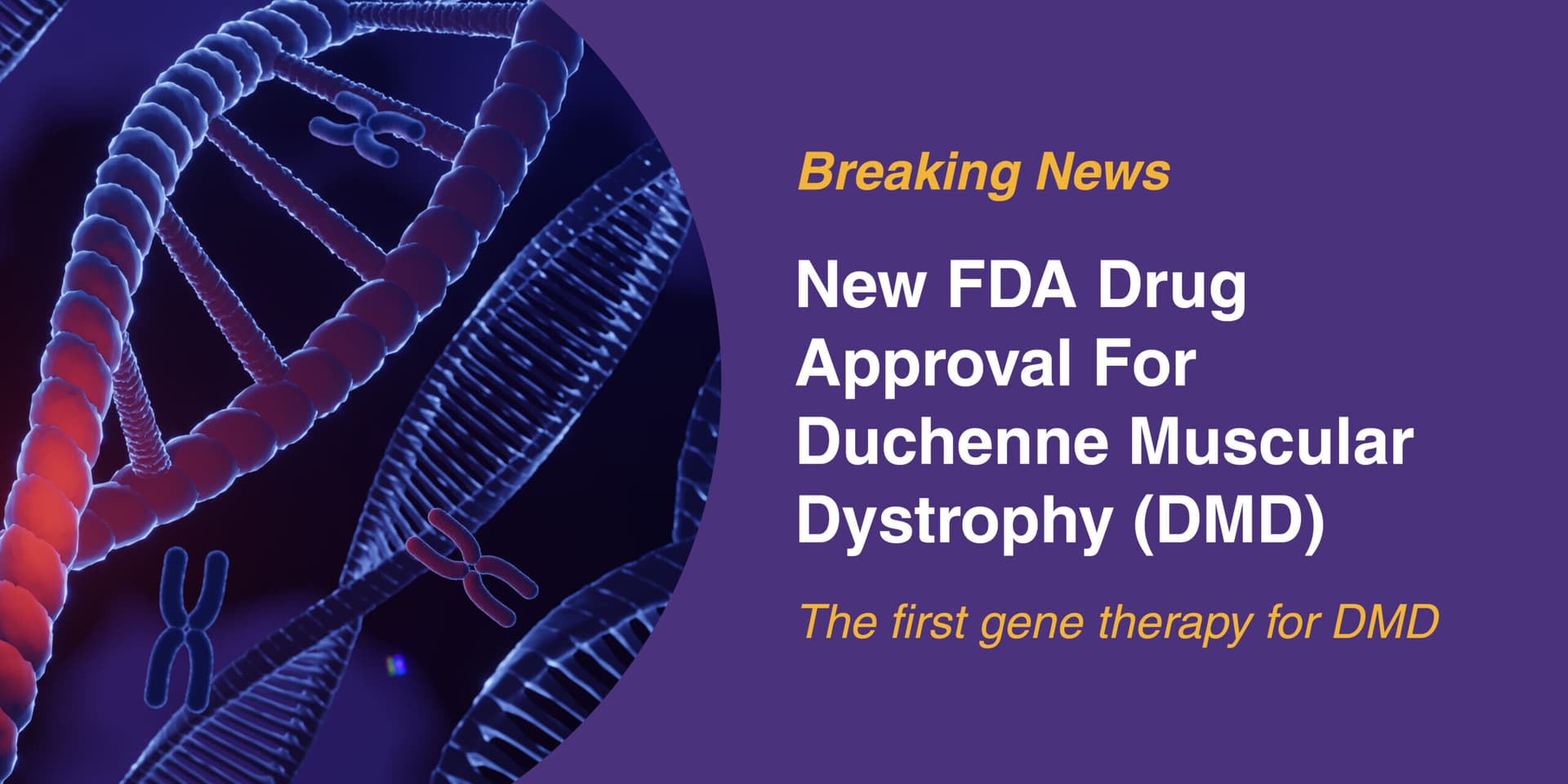Merck’s two pill daily regimen preserves viral suppression in trial
Merck announces that a once daily, two drug oral regimen of doravirine and islatravir met the main efficacy goal in a late stage trial for adults with HIV 1 who were previously untreated, performing as well as a standard three drug regimen in maintaining viral suppression. The finding could broaden first line treatment options and has implications for adherence, equity, and global HIV programs if regulators authorize the therapy.

Merck announces on November 19, 2025 that a once daily, two drug oral regimen combining doravirine and islatravir met the primary endpoint in a late stage clinical trial among adults with HIV 1 who had not previously received antiretroviral therapy. The company said the regimen was as effective as a standard three drug regimen in maintaining viral suppression, and that it will present detailed data at an upcoming medical meeting and submit the results to regulators as part of approval discussions.
The trial outcome represents a potential shift in first line HIV treatment, an area long dominated by three drug regimens. A successful two drug approach could reduce pill burden and simplify dosing for many patients, factors linked to better adherence and sustained viral suppression. Public health experts say simplicity of regimens matters because maintaining an undetectable viral load prevents illness, limits transmission, and reduces the community burden of HIV.
Merck will now face the regulatory process in major markets, where reviewers will scrutinize comprehensive safety and resistance data. Clinicians and advocates will be watching for detailed information on long term safety, patterns of viral rebound, and whether the trial enrolled a demographically diverse population. The generalizability of results depends on representation across age groups, racial and ethnic communities, and people with common comorbidities. Historically underserved populations have experienced delays in access to new therapies, a gap that advocates say should be a central consideration in regulatory and policy discussions.
The broader implications for health systems and global treatment programs are significant but unsettled. If regulators authorize the regimen, it could be incorporated into clinical guidelines and procurement strategies, potentially easing the logistical complexity of treatment in some settings. Programs that serve low income and marginalized communities could benefit from a simpler regimen, but cost, licensing, and supply agreements will determine how quickly those benefits reach the places of greatest need. International health agencies and funders will need to assess whether the new option can be made affordable and available alongside existing therapies.
Public health policymakers will also weigh the trade off between innovation and vigilance. Two drug regimens have the promise of reduced toxicity and easier adherence, but they also require robust monitoring for emerging resistance and careful post authorization surveillance. Equity concerns include ensuring that new regimens do not widen existing gaps in care, and that rollout strategies prioritize people who face barriers to consistent treatment.
Merck’s announcement marks an important milestone in the development of antiretroviral options. As detailed results become public and regulators begin their review, clinicians, patients, and public health officials will need clear data on efficacy durability, safety, and real world access to determine how the regimen may reshape HIV care.


